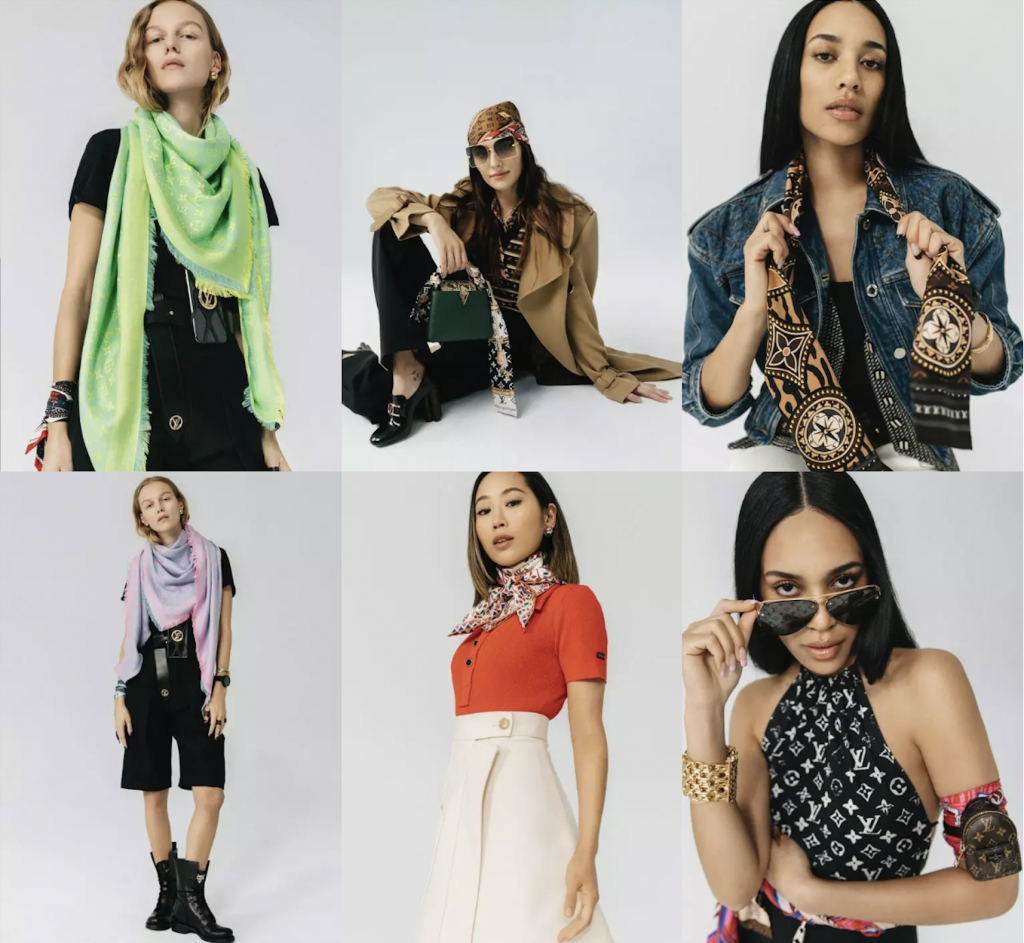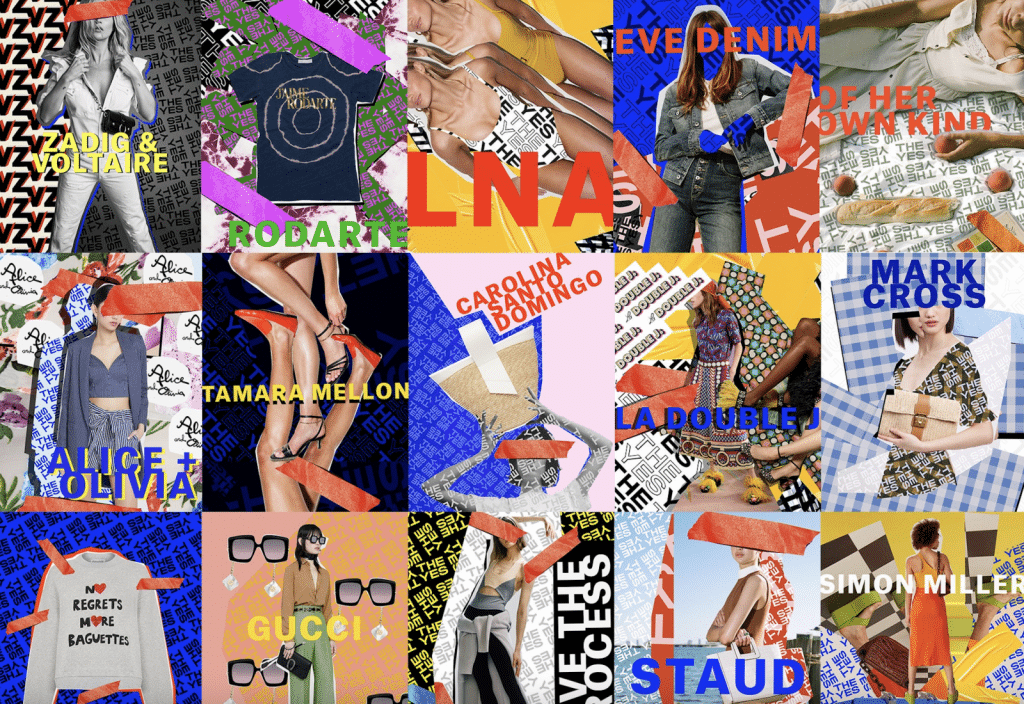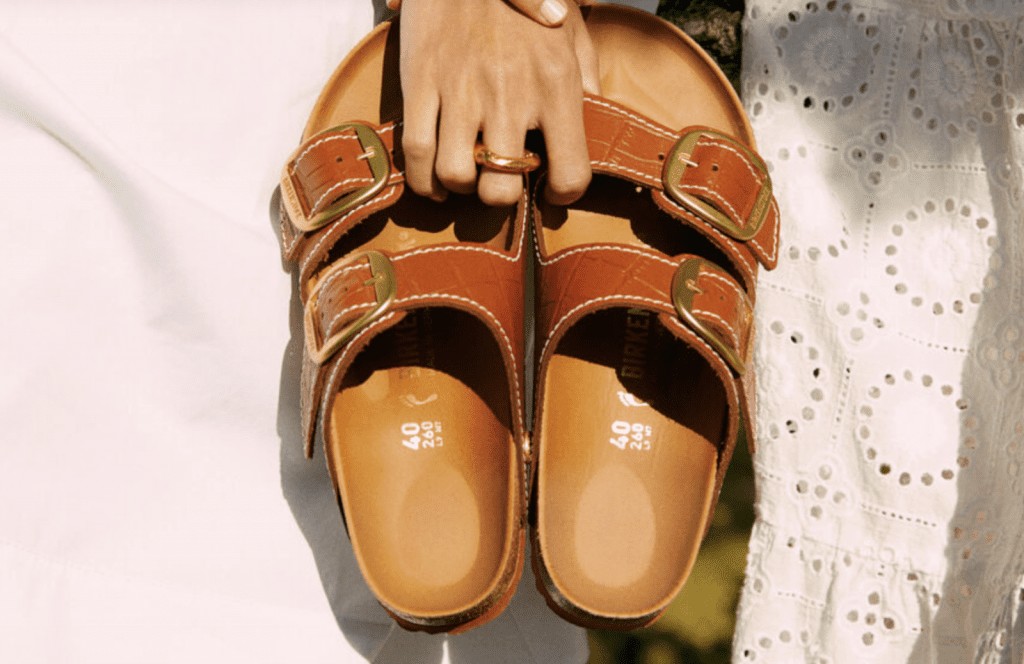LVMH Moët Hennessy Louis Vuitton’s total revenue for 2020 was down 17 percent, but the world’s largest luxury goods group still managed to generate sales of 44.7 billion euros ($54.5 billion) for the year. Pointing to its Fashion & Leather Goods division, in particular, which “enjoyed a remarkable performance, with double-digit growth in both the third and fourth quarters,” thanks to “good recovery” in the U.S. and “strong” growth in the enormous Asian market, LVMH says that it demonstrated “good resilience, notably from the major brands, in an economic environment disrupted by the health crisis.”
In a release on Tuesday, LVMH pointed to some “key highlights” for 2020, including double-digit organic revenue growth at Louis Vuitton and Christian Dior over the last two quarters of the year, success of both iconic and new products at Louis Vuitton, “whose profitability remains at an exceptional level,” “sharp acceleration in online sales,” which served to partially offset the effect on revenue caused by the closure of the Group’s stores for several months, and the completion of the agreement with the iconic American jewelry Maison Tiffany.
Meanwhile, the group notes that the suspension of international travel “severely penalized [its] hotel and travel retail activities,” hitting its Selective Retailing business group – including its duty free venture DFS – which saw organic revenue decline by 30 percent for the year.
Speaking specifically to its marquee Fashion & Leather Goods business group, LVMH revealed that it “recorded a decrease in organic revenue of only 3 percent in an environment marked by the closure of stores over a period of several months.” For the second half of the year, the LVMH division saw “a noteworthy rebound in activity, with double-digit organic revenue growth in both quarters,” with China recording a strong recovery in revenue beginning in April and the U.S. in July. Meanwhile, LVMH states that its “brands’ strict cost management made it possible to limit the decline in profit from recurring operations to 2 percent.”
Louis Vuitton’s “commitment to high quality craftsmanship and sustainability continues in the form of responsible creativity,” per LVMH, which also highlighted “remarkable momentum and gained market share in all regions” for its Dior brand “thanks to its exceptional creativity,” including the Lady Dior bag, which “has become a global icon.”
At the same time, “Other fashion brands showed solid resilience during the year, notably Loewe with the creations of J. W. Anderson, Celine with the creations of Hedi Slimane, Fendi and Marc Jacobs.”
In a conference call on Tuesday, LVMH Financial Chief Jean-Jacques Guiony revealed that “that new product launches planned before the pandemic” (and promoted in the early stages of COVID), such as the Louis Vuitton Pont 9 handbag, helped the brand. Reuters reports that LVMH has “also kept up with marketing spending [amid the COVID crisis], while some smaller peers have cut back,” citing Guiony, who noted that “holding catwalk shows in cities, such as Shanghai, despite the crisis had helped.” The LVMH exec stated that “Louis Vuitton and Dior were taking the bulk of customers’ attention when nobody was talking.”
LVMH’s Perfumes & Cosmetics business group did not fare quite as well, recording a 22 percent decline in organic revenue in 2020, and profit from recurring operations down 88 percent. Interestingly, the luxury titan notes, “In a sector suffering from the decline in international traveler spend and makeup, LVMH’s major brands chose to be selective in their distribution and, unlike certain competitors, limited promotions and refused to sell indirectly to the Chinese parallel market” – i.e., the gray market – “which presents major risks to the medium term desirability for brands that follow that route.” (LVMH seems to referring, in part, to the quiet-but-regular practice of brands – even at the upper end of the luxury spectrum – that offload unsold merchandise to discount chains at the end of each season, directly or by turning a blind eye to authorized retailers that act out).
“Christian Dior saw a gradual improvement in the second half of the year, underpinned by the success of its new products Miss Dior Roses N’Roses and J’adore Infinissime in perfume, and Rouge Dior in makeup,” per LVMH, while “the new skincare brand Fenty Skin, developed by Rihanna, is off to a very promising start.”
Looking forward, LVMH chairman and CEO Bernard Arnault stated, “We are starting 2021 with the pleasure of welcoming the iconic jewelry Maison Tiffany and its teams to our Group. In a context that remains uncertain, even with the hope of vaccination giving us a glimpse of an end to the pandemic, we are confident that LVMH is in an excellent position to build upon the recovery for which the world wishes in 2021 and to further strengthen our lead in the global luxury market.”














